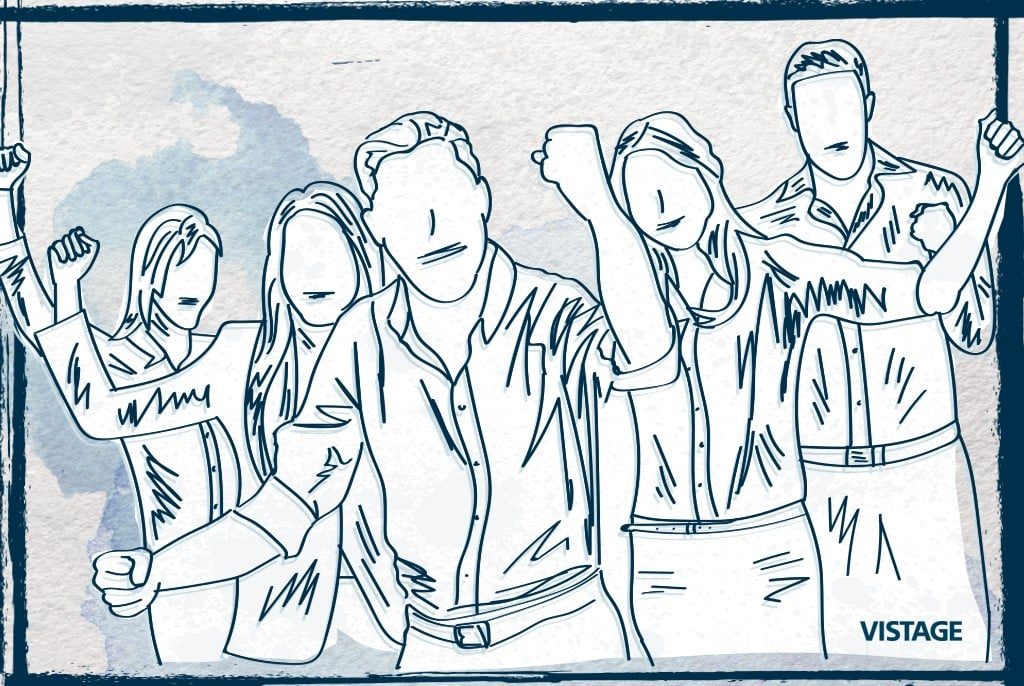6 resolutions to attract positive publicity in 2016

A few Vistage members tell me they want to avoid any mention in the news media at all—positive or negative. But others realize that news coverage can build:
- Awareness of your products or services,
- Goodwill,
- Sales or opportunities for your sales team to reach out to prospects, and
- Low-key ways to link third-party endorsements to your website and social media.
Best of all, news coverage is free whereas you typically have to pay for advertising (more about free advertising later). Sound good? Then follow through on these six public relations resolutions in the New Year:
- Choose your spokesperson. Before you can pitch to a news outlet, you must feel comfortable talking to a reporter. If you would rather be falling off your kid’s hoverboard and going to the ER, you can designate a spokesperson. It may be a key staff member who has had on-camera training.
- Decide what is newsworthy. Reporters get frustrated when a CEO calls with a story idea, and it sounds like the CEO wants free advertising. To be newsworthy, your story must:
- Be about a unique product, service or employee
- Be about something at your company that solves a problem
- Explain or resolve a conflict
- Offer a human interest angle that would surprise most people, such as your long-time administrative assistant wins a huge lottery but keeps working for you
- Understand how journalists think: consider this quotation, attributed to Lord Northcliffe: “News is what people do not want you to print. All the rest is advertising.”
- Use Twitter. Journalists love Twitter. They watch to see what’s trending for story ideas. If your company’s tweets are interesting, it puts you on reporters’ radar. If you are tweeting original ideas, it establishes you as a thought leader. Look for well-known CEO’s, and see what they’re tweeting. Follow reporters to get them to follow you.
- Delegate a Facebook follower/responder. Ask an employee to follow the local news stations, newspapers and trade journals. Often reporters and producers will be working on a story and post a message that asks for people who fit a certain description. For instance, a post may say, “We’re doing a story on businesses going green. If your company has taken unusual steps to be earth-friendly, please contact me.”
- Target at least three reporters. One locally, one regionally and one associated with your industry’s trade journal or must-read website. Watch or read the reporters’ work, so that you know this is a journalist who is competent. In many cases, it will be a reporter who has the business beat. Once you target the reporters, call or email them with a story idea.
- Offer yourself as a resource. To start a relationship with your selected reporters, let them know your areas of expertise and offer to be a resource. And if you’re well-connected say, “If I can’t address the topic on which you’re reporting, I can suggest business leaders who can.”
I promised also to tell you a way to get free advertising. Here it is. Some local TV and radio stations will do what’s called a “trade out.” The station will trade commercial spots for your products. At the last TV station I worked for, we traded with local companies for catering, anchors’ wardrobes, haircuts, office furniture and once, for an ice machine. For this, call the general manager, not the news staff.
Being on the news or seeing your name in print can be fun…and addicting. Resolve to get positive publicity in 2016 and see if it helps build your bottom line. Have any other items to add to the list? Leave your thoughts in the comments below.
Lorri Allen is a Vistage speaker who addresses crisis communications. She’s been a journalist 30 years, holds a master’s degree from Arizona State’s Walter Cronkite School of Journalism and wants to help business leaders explode to fame in a good way, not because they said or did something dumb.
Category: Customer Engagement Marketing
Tags: PR, public relations

